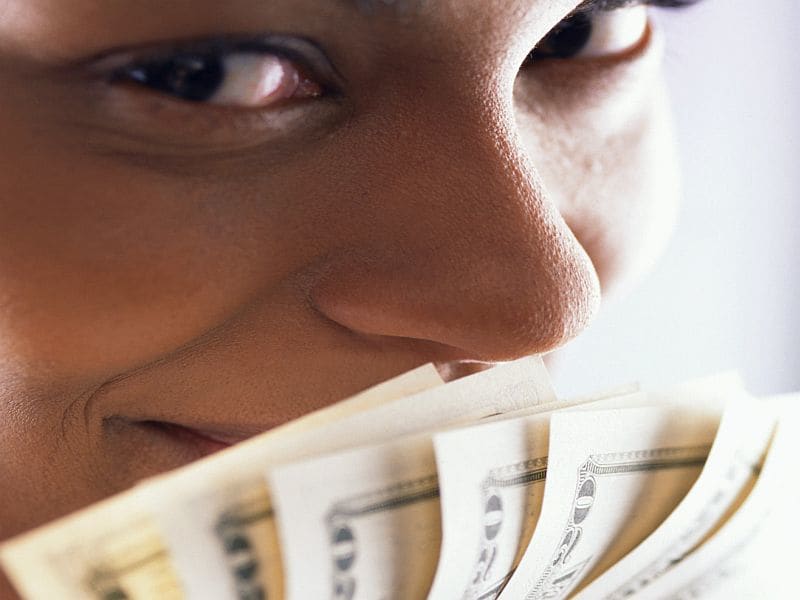When it comes to money, nice people really are more likely to finish last, a new study suggests.
Researchers analyzed data from more than 3 million people and found that those who were nice were at increased risk for bankruptcy and other financial problems.
Why?
They just don't value money as much as other people do, according to the study published Oct. 11 in the Journal of Personality and Social Psychology.
"We were interested in understanding whether having a nice and warm personality, what academics in personality research describe as agreeableness, was related to negative financial outcomes," said lead author Sandra Matz, an assistant professor of management at Columbia Business School in New York City.
Other studies have linked agreeableness with lower income and credit scores, she said.
"We wanted to see if that association held true for other financial indicators and, if so, better understand why nice guys seem to finish last," Matz said in a journal news release.
Researchers tied agreeableness to indicators of financial hardship, including lower savings, higher debt and higher default rates.
Study co-author Joe Gladstone is an assistant professor of management at University College London. "This relationship appears to be driven by the fact that agreeable people simply care less about money and therefore are at higher risk of money mismanagement," he said.
But everyone who's agreeable isn't at equal risk of financial hardship. The association was much stronger for people who make less money.
"Being kind and trusting has financial costs, especially for those who do not have the means to compensate for their personalities," Matz said.
The study only found an association rather than a cause-and-effect link. Yet surprisingly, even when agreeableness was measured in childhood, it was still linked to more financial hardship later in life.
Also surprising was a comparison of publicly available personality and financial information from two areas in the United Kingdom with similar per-capita income levels. The city with higher scores on agreeableness had a 50 percent higher bankruptcy rate, the study found.
"Our results help us to understand one potential factor underlying financial hardship, which can have serious implications for people's well-being," Matz said.
Fuente: www.upi.com
